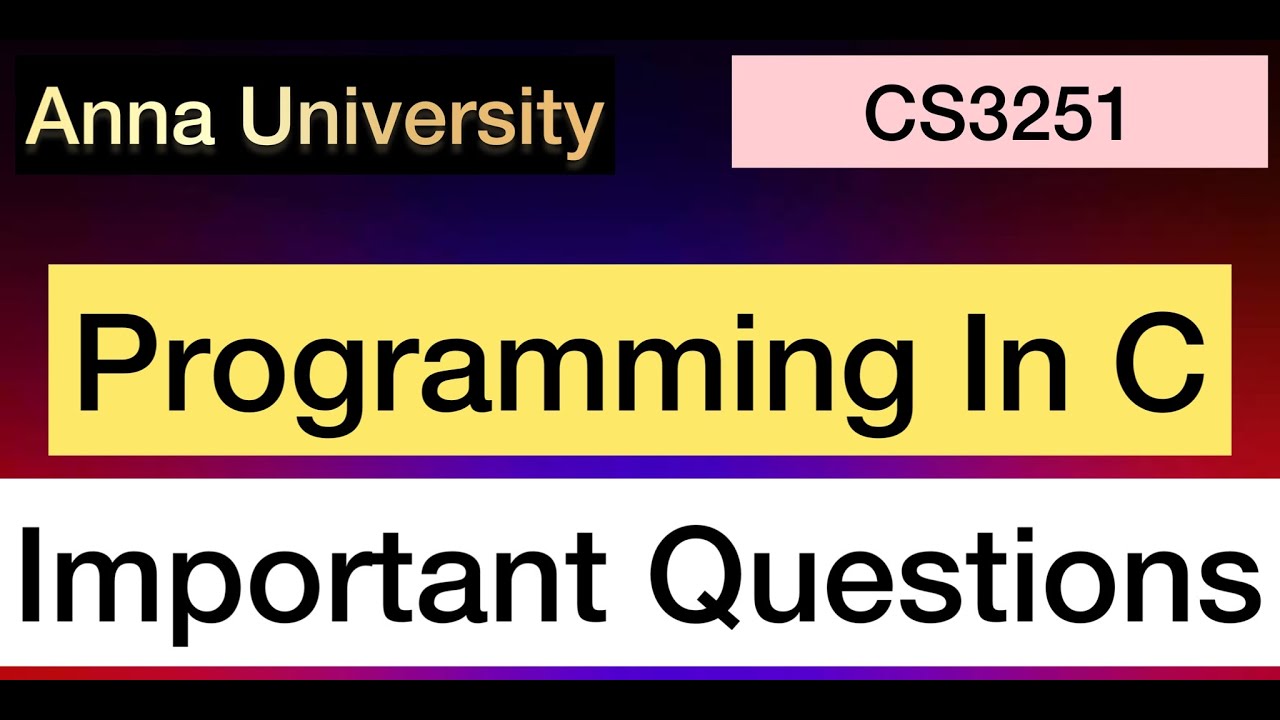C. Wright Mills - The Sociological Imagination - Troubles vs. Issues
Summary
TLDRThis script discusses key concepts from sociologist C. Wright Mills, particularly his ideas on the sociological imagination. It emphasizes the importance of understanding the intersection between individual biographies and societal history. Mills' distinction between 'personal troubles' and 'public issues' is highlighted through examples like unemployment, quiet quitting, and police brutality. The script argues that societal problems cannot be reduced to individual actions alone, urging a broader analysis of economic, political, and social structures to find solutions, thus promoting a deeper sociological perspective.
Takeaways
- 🧠 C. Wright Mills emphasizes the importance of understanding the connection between biography and history in sociological analysis.
- 📚 Mills' 'Sociological Imagination' allows us to grasp the relationship between individual lives and societal history, essential for analyzing social issues.
- 💬 People often reduce societal problems to personal experiences, like saying racism or privilege doesn't exist because they haven't personally experienced it.
- 👤 Mills distinguishes between 'personal troubles,' which are individual and local, and 'social issues,' which involve larger societal structures.
- ⚠️ A trouble is a private matter tied to an individual's personal environment, while an issue is a public matter tied to society's institutions.
- 🔧 Mills' unemployment example shows that individual unemployment is a 'trouble,' but widespread unemployment is a 'social issue' requiring societal-level solutions.
- 📊 Modernizing Mills' unemployment example: 5.72 million unemployed people in the U.S. is a societal issue, not something one individual can solve.
- 😴 The 'quiet quitting' phenomenon is framed as a personal problem, but Mills would argue it's a societal issue linked to economic structures.
- 🚔 The framing of police brutality as individuals not following orders is misleading; it's a social issue needing societal solutions, not individual blame.
- 🔍 Understanding society requires understanding both individuals' biographies and the history of the society they live in, as they influence each other.
Q & A
What is the central concept of C. Wright Mills' sociological imagination?
-The sociological imagination allows individuals to grasp the connection between history and biography, understanding the relationship between personal experiences and larger societal issues.
Why is it important to consider both biography and history when studying society?
-Mills emphasizes that understanding societal problems requires analyzing both an individual's personal experiences (biography) and the historical and societal context in which they live. Ignoring either aspect limits our understanding of social issues.
How does Mills differentiate between personal troubles and social issues?
-Personal troubles are individual problems that exist within a person’s immediate social environment and can often be resolved by focusing on the individual. Social issues, on the other hand, transcend the individual and arise from broader societal structures, requiring collective solutions.
Can you provide an example of a personal trouble versus a social issue?
-Mills provides the example of unemployment: if one person in a city of 100,000 is unemployed, it is a personal trouble. However, if 15 million people are unemployed in a nation, it becomes a social issue requiring societal-level solutions.
What is the significance of understanding the intersection of biography and history, according to Mills?
-Mills believes that no social study is complete without considering the intersection of personal biography and historical context. This intersection helps to fully grasp how personal experiences are shaped by broader societal forces.
How does the example of 'quiet quitting' illustrate the difference between personal troubles and social issues?
-The media often frames 'quiet quitting' as a personal problem of laziness or lack of motivation. However, using Mills' framework, this phenomenon can be understood as a social issue related to broader economic and structural changes in the workforce, not merely individual behavior.
What does Mills suggest about the nature of social analysis and problem-solving?
-Mills argues that in order to solve social issues, we must go beyond individual experiences and examine the societal structures and historical conditions that shape these issues.
How does Mills' concept of sociological imagination challenge individualistic explanations of social problems?
-Mills challenges the tendency to reduce social problems to individual failings by emphasizing the role of historical and societal factors. Sociological imagination allows us to see beyond personal responsibility and recognize systemic issues.
What is the common misunderstanding about police brutality in the context of personal troubles versus social issues?
-Some people frame police brutality as a personal trouble by suggesting that individuals should simply follow police commands. However, Mills would argue that this is a social issue rooted in systemic problems, requiring a broader societal analysis and solution.
Why is it important to frame societal problems accurately, according to Mills?
-Accurately framing societal problems as either personal troubles or social issues is crucial because it determines the level at which solutions should be sought. Social issues require structural changes, while personal troubles may be addressed at an individual level.
Outlines

This section is available to paid users only. Please upgrade to access this part.
Upgrade NowMindmap

This section is available to paid users only. Please upgrade to access this part.
Upgrade NowKeywords

This section is available to paid users only. Please upgrade to access this part.
Upgrade NowHighlights

This section is available to paid users only. Please upgrade to access this part.
Upgrade NowTranscripts

This section is available to paid users only. Please upgrade to access this part.
Upgrade NowBrowse More Related Video

Herbert Spencer: evolusi masyarakat dari militeris ke industrialis

Programming In C | Important Questions | Anna University | Tamil

Variabel #5 | C++ | Bahasa Indonesia

C_81 Null Pointer in C | C Programming Tutorials

C++ Tutorial - Introduction to C++ | C++ Tutorial For Beginners #c++

Learn C++ in 10 Minutes !! C++ Tutorial for Beginners
5.0 / 5 (0 votes)